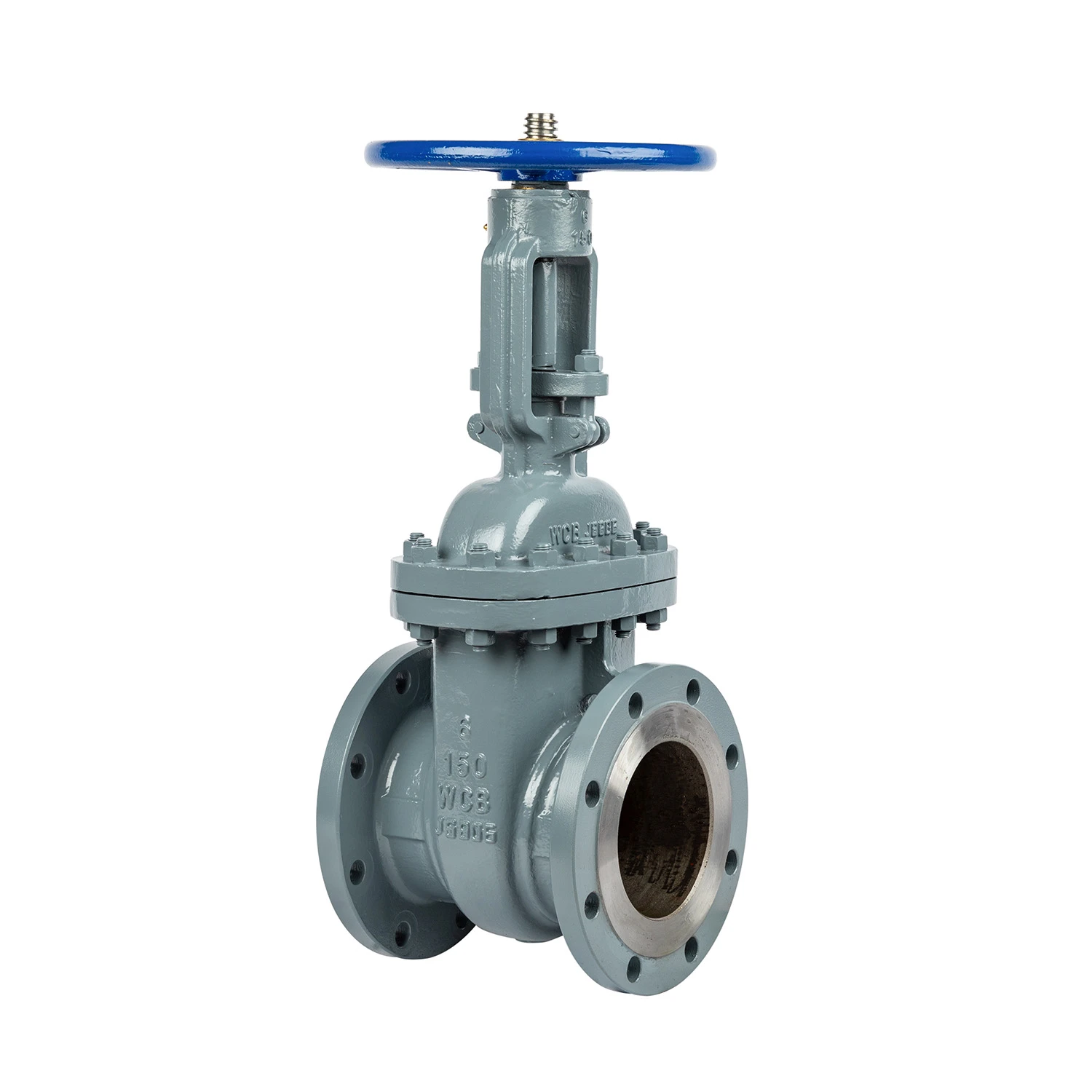needle valve with gauge
Understanding Needle Valves with Gauges Essential Tools for Precision Control
Needle valves are critical components in various fluid and gas control systems, allowing for precise regulation of flow rates. When integrated with a gauge, a needle valve becomes even more versatile, providing real-time feedback on system pressure while enabling meticulous control over flow. This combination is widely utilized in numerous applications across industries, including chemical processing, oil and gas, HVAC systems, and laboratory settings.
The Functionality of Needle Valves
At its core, a needle valve is designed to control the flow of liquid or gas. Its design features a slender, tapered point that fits into a seat, allowing for fine adjustments to flow rates. Unlike standard valves that can be fully opened or closed, a needle valve permits a gradual opening, resulting in more delicate flow control. This unique capability makes it ideal for applications requiring precision, such as in dosing systems and pressure regulation.
Importance of Gauges
Integrating a gauge with a needle valve enhances its functionality by providing immediate visual feedback about the pressure within the system. A gauge typically displays the pressure in psi, bar, or other pressure units, depending on the application. With this information at hand, operators can make informed adjustments to the needle valve, ensuring optimal system performance and safety.
Applications in Different Industries
needle valve with gauge

1. Chemical Processing In chemical plants, precise control of fluid flow is essential to maintain reaction conditions. Needle valves with gauges allow operators to adjust flow rates according to the requirements of specific reactions, improving product quality and reducing waste.
2. Oil and Gas The extraction and transportation of oil and gas involve significant pressure variations. Needle valves equipped with gauges can regulate flow from pipelines and tanks while providing crucial pressure readings to prevent hazardous situations or system failures.
3. HVAC Systems In heating, ventilation, and air conditioning systems, regulating water or refrigerant flow is vital for energy efficiency and performance. Needle valves with gauges can help maintain appropriate pressure levels, ensuring that systems operate within safe and effective parameters.
4. Laboratories In research environments, especially those involving gas chromatography or similar procedures, precision in flow control is paramount. Needle valves combined with gauges help researchers maintain the exact flow rates necessary for their experiments, which can significantly impact results.
Conclusion
Needle valves with gauges represent a sophisticated solution for applications requiring exact pressure and flow control. Their ability to provide real-time pressure readings while allowing for meticulous flow adjustments makes them indispensable in various industries. As technology advances, the integration of needle valves with digital gauges and automated controls is expected to become more prevalent, further enhancing their performance and ease of use.
In summary, whether in a chemical plant, an oil field, or a laboratory, the combination of needle valves with gauges is essential for managing fluid dynamics responsibly and effectively. Operators who utilize these tools can achieve greater precision and safety in their processes, ultimately leading to improved operational efficiency and productivity. Whether you're an engineer, a technician, or simply an interested learner, understanding the role of needle valves with gauges is key to appreciating fluid control systems' complexity and importance.
-
Breakthrough in Domestic Low Temperature Valve Technology in ChinaNewsAug.18,2025
-
From Machinery to Intelligent Brain: The Digital Transformation Wave of the Valve IndustryNewsAug.18,2025
-
PCVEXPO 2025NewsAug.18,2025
-
The Key to Fluid Control: Exploring the Advantages of Ball Valves in Industrial SystemsNewsJul.09,2025
-
The Versatile World of 1, 2, and 3 Piece Ball ValvesNewsJul.09,2025
-
Stainless Steel Ball Valves: The Ideal Choice for Efficient Flow ControlNewsJul.09,2025
-
Optimizing Fluid Control with Ball Float ValvesNewsJul.09,2025




